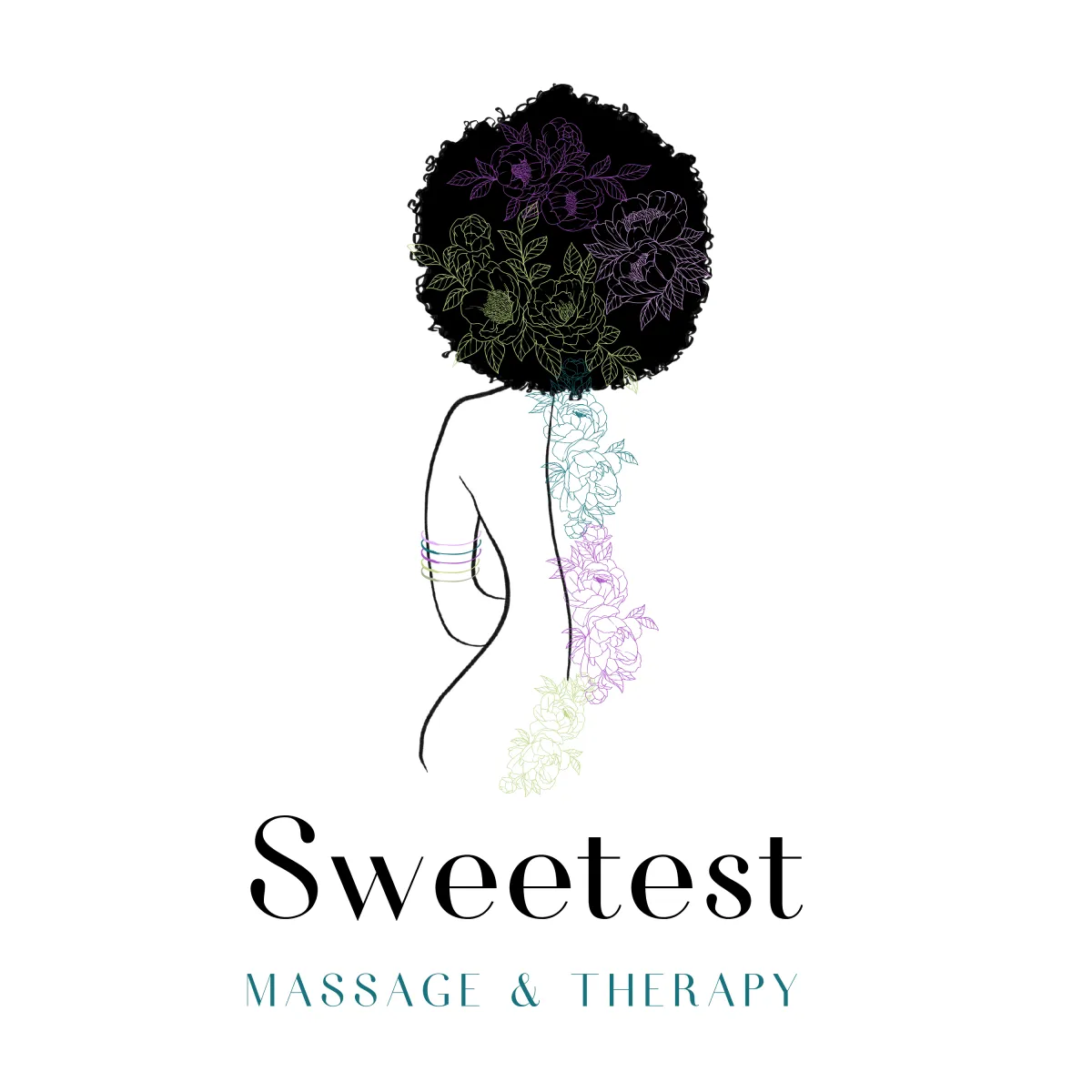
The Science of Relaxation
Wellness Wisdom: Issue 4
The Science of Relaxation: How Massage Impacts Your Nervous System
We often think of relaxation as a luxury—something you “get to” enjoy when everything else is done. But true relaxation is a biological necessity, not a bonus. And massage? It’s one of the most powerful tools we have to help the body return to a state of balance.
🌿 Your Nervous System: The Command Center
Your nervous system controls nearly everything in your body—heart rate, digestion, breathing, stress levels, sleep, and more. It has two main modes:
Sympathetic (fight or flight): This is your stress response—your body is alert, tense, and flooded with adrenaline and cortisol.
Parasympathetic (rest and digest): This is your healing state—your body calms, your heart rate slows, and systems like digestion and immune response return to balance.
Modern life keeps most of us stuck in “fight or flight” for far too long. This constant state of alert leads to inflammation, poor sleep, anxiety, and chronic health issues.
💆♀️ How Massage Rewires the Body for Calm
Massage therapy helps flip the switch from stress to restoration. Here's how:
Reduces cortisol levels (your body’s primary stress hormone)
Increases serotonin and dopamine, which boost mood and relaxation
Stimulates the vagus nerve, a key player in parasympathetic activity
Lowers blood pressure and heart rate naturally
Improves sleep by calming an overactive nervous system
In short, massage doesn’t just feel good—it retrains your body to rest, heal, and reset.
🧠 Why This Matters
Living in chronic stress isn’t just uncomfortable—it’s damaging. It affects everything from your digestion to your immune system, mental clarity, and emotional stability. Regular massage can help:
Ease anxiety and depression symptoms
Support recovery from burnout
Improve focus and mental energy
Boost resilience against future stress
Think of it as nervous system therapy—gentle, effective, and completely natural.
💬 Your Turn:
When was the last time you truly unplugged? Massage invites your nervous system to step out of survival mode and into a space of healing. Your body remembers how to relax—it just needs the right environment to do so.
